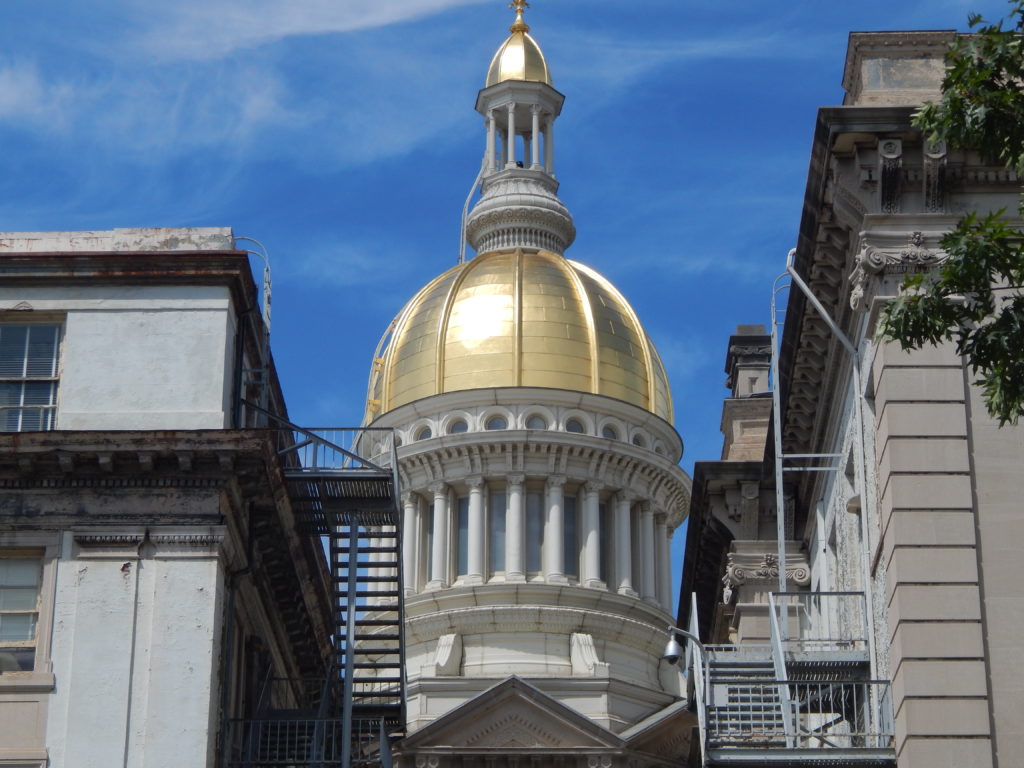As Independent Groups Take Over the “Game” of American Elections, They Need More Accountability

Americans are known for their fondness for bare-knuckled politics. In the 18th and 19th centuries, as the nation turned more and more toward democracy, elections even served as a means of entertainment.
The Lincoln Douglas debates conducted in 1858 in seven Illinois districts demonstrated the ardency with which Americans followed politics at the time. Thousands of voters and reporters are said to have witnessed the debates. Voters later cast ballots in significant numbers.
Writing in Smithsonian Magazine, Jon Grinspan, the museum’s curator, wrote: “such public politics became, in the words of one comedian, our great American game.”
Grinspan continued, “All the carousing culminated at a rambunctious polling place, when a voter selected a colorful ticket from his party’s ballot ‘peddlers,’ made his way past the opposing party’s intimidating ‘challengers,’ and placed his vote in a wooden or glass ballot box. Amid singing, shouting and heckling from other voters in his community, it was a scene of heated, convulsive political theater. The system seemed designed to take over life, distort opinions, attract bad actors, raise voices and destroy civility.”
The above quote may not represent today’s polling places, which often struggle with low voter turnout. It perhaps more closely describes the super-heated exchanges that often occur on today’s social media. Intimidation, heckling and otherwise uncivil behavior appears to have become common place as Americans argue vigorously- and often online- over differing political opinions.
Moreover, American elections are not only hard-hitting but unending. They also are increasingly dominated and intensified by independent special interest groups that enjoy big advantages over traditional campaign committees while resorting to negative attacks.
When John F. Kennedy ran for President in 1960, he did not begin his campaign until after the November election of 1959. He spent less than a year pursuing the nation’s highest office.
Now presidential campaigns start years in advance, with broadcast and digital advertising, direct mail, debates, and other events aimed at drawing voter attention.
Elections are especially intense in New Jersey. Because New Jersey is one of only two states that hold state and federal elections in different years (Virginia is the other), the hype and attention given presidential elections is followed immediately the next year by gubernatorial and legislative elections.
Don’t forget the potpourri of local elections that occur each year in a tiny state subdivided into 21 counties and 565 municipalities.
Whether hard-hitting and personal, or mild and issue-oriented, New Jersey elections bring with them a bevy of participants intent on winning elections and the policy battles that follow.
Along with the voters, these actors include candidates, political parties, traditional special interest political action committees (PACs) that make direct contributions to candidates and, more recently, a new wave of special interest groups that take part in campaigns independent of candidates and parties.
Candidates are increasingly involved in fundraising as elections in America have become candidate-centered rather than party-oriented.
New Jersey’s campaign finance laws require them to fully disclose their contributions and expenditures prior to and after the election. They are also subject to contribution limits.
Special interest PACs, termed continuing political committees under New Jersey law, also must completely disclose their finances and they are limited in what they can donate to candidates.
Political parties, which are supposed to represent broad coalitions, nevertheless have been the target of skepticism for over two centuries. They also face statutory requirements in terms of organization, contribution limits and disclosure under the campaign finance law and other New Jersey statutes.
Finally, independent groups, which over two decades have spent hundreds of millions of dollars attempting to influence New Jersey elections, can accept unlimited contributions. They cannot make donations to candidates.
While some of these entities do disclose their contributions voluntarily, they are required under current, outdated law to disclose only expenditures. And then only when their advertising specifically uses terms like “support” or “oppose” during elections.
Unlike other participants in New Jersey’s many elections, independent groups operate with few constraints, particularly the “dark money” groups that refuse to name their contributors, focus on key swing districts and often subject candidates to vicious attacks.
So why this disparity in treatment between independent groups and other actors involved in the same election-related activities? Because federal courts have issued many favorable rulings on behalf of these groups, granting them First Amendment protections not accorded to other participants.
It is time to end the unfair edge enjoyed by independent groups by adopting legislation that provides appropriate levels of disclosure and accountability without being unconstitutional.
The public deserves to know who is behind independent groups in the same way that disclosure educates the public with information on who is financially backing candidates, PACs and political parties.
Why have independent groups become the privileged class of electoral participants while candidates, PACs and political parties have effectively become second class citizens in New Jersey elections? Disclosure of contributions and expenditures by independent groups when involved in election-related activity not only would bring balance to the system but would increase trust in politics and government in general.
The Legislature has the power to bring this balance to New Jersey’s electoral system by requiring disclosure of contributions and expenditures by independent groups engaged in the same election-related activity as candidates, PACs and political parties.
Jeff Brindle is the Executive Director of the New Jersey Election Law Enforcement Commission.
The opinions presented here are his own and not necessarily those of the Commission.





